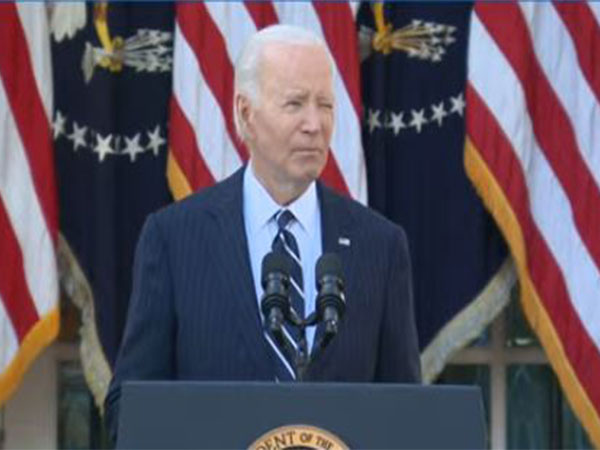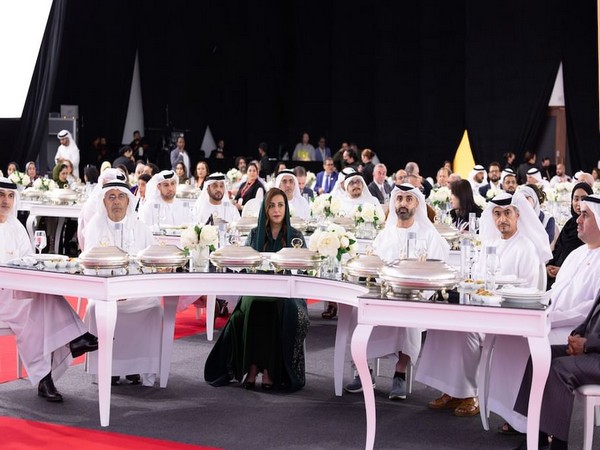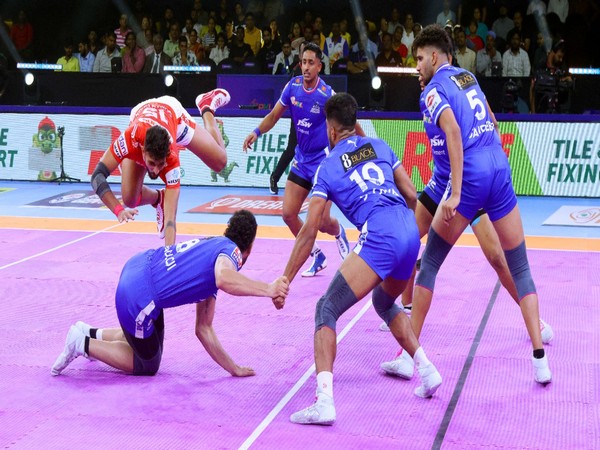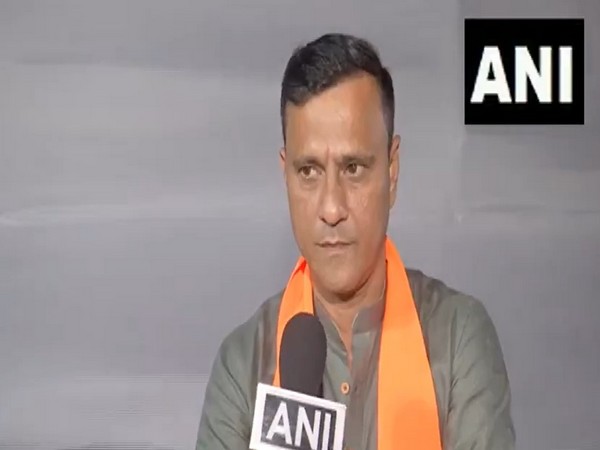New Delhi [India], July 12 (ANI): The All India Bar Association (AIBA), a lawyer’s body, on Friday wrote a letter to Prime Minister Narendra Modi about new criminal laws and suggested that for effective implementation, there is a need to increase the strength of police personnel, judicial officers, public prosecutors, managers for court management, Forensic Science Laboratories (FSL) and evening courts.
Dr Adish Aggarwala, chairman of the All India Bar Association and outgoing President of the Supreme Court Bar Association (SCBA), stated in a letter to Prime Minister Narendra Modi that certain pivotal steps are necessary to ensure that your remarkable vision of ensuring the timely completion of trials, swift registration of FIRs, and expedient completion of investigations, through the three new criminal laws, reaches fruition and effectively so.
Under the new criminal laws, which came into force on July 1, 2024, FIR is to be recorded within three days of complaints submitted through electronic communication, providing impetus to the initial phase of criminal cases. The competent court has to now frame charges within sixty days from first hearing on the charge. A novel inclusion in the new criminal laws is the introduction of trial in absentia against proclaimed offenders after ninety days from charge framing, expediting proceedings and ensuring timely delivery of justice to victims and society at large.
The criminal courts have now been mandated to pronounce judgments within 45 days after a trial stands concluded to ensure swift justice delivery. Further, the said courts have to upload the judgement within seven days from the date of pronouncement, on their respective portals, improving access to justice for all.
These reforms have sparked an undercurrent of hope among the masses that finally the proverbial era of “getting dates one after another, but not justice,” shall cease to exist, said Dr Adish Aggarwala.
“Notably, when I had the opportunity to highlight the achievements of the government, spearheaded by you, in ringing in reforms through the three new criminal laws in public debates, the critics of the same were pointing out that provisions for such time-bound completion of trials are pre-existing in matters such as matrimonial cases, disputes under Section 138 of the Negotiable Instruments Act, MACT claims etc. which were put in place by the then Congress/UPA regime. These arm-chair critics cited the example of the said Congress/UPA era laws to put forth the contention that such time-bound processes invariably end up being paper tigers, as their implementation is merely in principle and not practical,” he stated.
“However, I would like to bring to your notice, a subtlety which eludes these critics. The Congress/UPA era laws for time-bound judicial processes never succeeded as such. When I refer to the necessary infrastructure, I primarily emphasise the numerical strength of the judicial officers, courts, forensic experts, and even police personnel. The Congress/UPA era laws were destined for failure, as the said regime lacked the gumption to increase the number of judges or to bring about other ancillary reforms, which in turn deprived the public of the desired result of expediting the disposal of various kinds of cases,” he added.
“Speaking of the current times, the citizenry of our great democracy, have by and large received your reforms positively, and see you as a beacon of hope, who put an end to colonial-era relics by enacting the three new laws. Indeed, no one but a leader of your courage and strength could have ensured smooth passage of the enactment of the new laws at the risk of unsettling the status quo that plagues our snail-paced judicial and police systems,” said Dr Aggarwala.
Everyone in India, even the opposition leaders were happy with the far-sighted changes that you have brought by way of these three new criminal laws.
These 3 bills were then sent to the Parliamentary Standing Committee of the Ministry of Home Affairs for consideration and scrutiny, which even comprised Congress Leaders including Digvijay Singh, MP and former Chief Minister of Madhya Pradesh, Adhir Ranjan Chowdhury and others, Suggestions thereof were accepted by the government.
No bar leader objected to these above-mentioned three Bills, given the fact that your government has taken all steps to protect the interest of the citizens of India, the complainants and even accused persons, after giving appropriate opportunity to all the stakeholders to put forward their suggestions regarding these three new criminal Bills. The Parliamentary Standing Committee invited everyone to elucidate their views about these three Bills. Pertinently, many eminent retired judges and bar leaders appeared before the said Parliamentary Committee which also included Law Commission Chairman, Justice (retd.) Rituraj Awasthi. Thereafter, both the Houses of Parliament (Lok Sabha on December 22, 2023 and Rajya Sabha on December 21, 2023) passed all these three Bills. The President of India provided her assent to these Bills on December 25, 2023, said Dr Aggarwala.
Now that you have taken over as the Prime Minister of India, for a historic & record third term, with the support of TDP and JDU, some frustrated elements who never earlier opposed these three criminal laws are suddenly up in arms against the new laws despite the fact that even the sitting Chief Justice of India Dr Justice DY Chandrachud, who happens to be the third longest serving Chief Justice of India, for an ongoing period of two years – after his father Mr Justice (retd) YV Chandrachud (7.5 years), and Mr Justice (retd) KG Balakrishnan (3.5 years) – has welcomed these Acts by publicly asserting that the new Bharatiya Nagarik Suraksha Sanhita (BNSS) provides a holistic approach to deal with crimes in the digital age, said Dr Aggarwala. (ANI)
Disclaimer: This story is auto-generated from a syndicated feed of ANI; only the image & headline may have been reworked by News Services Division of World News Network Inc Ltd and Palghar News and Pune News and World News
HINDI, MARATHI, GUJARATI, TAMIL, TELUGU, BENGALI, KANNADA, ORIYA, PUNJABI, URDU, MALAYALAM
For more details and packages
















